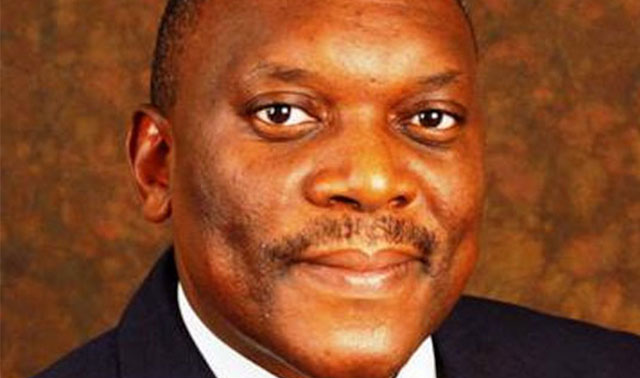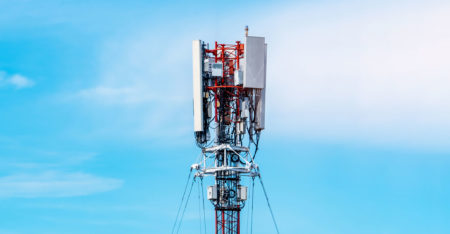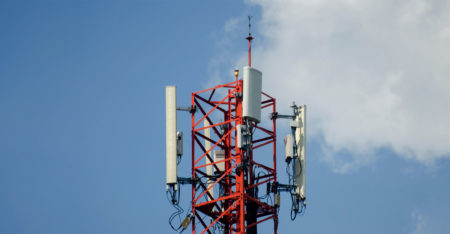 I have submitted my fourth application under the Public Access to Information Act (Paia) for clarity on the information and communications technology (ICT) pact signed last June with China. The latest follows the continued obfuscation by the department of telecommunications & postal services on the reasons for secrecy about the signatures of those who signed the pact.
I have submitted my fourth application under the Public Access to Information Act (Paia) for clarity on the information and communications technology (ICT) pact signed last June with China. The latest follows the continued obfuscation by the department of telecommunications & postal services on the reasons for secrecy about the signatures of those who signed the pact.
The document was supplied — in response to a Paia application last year — but the three signatures of those who signed it on behalf of South Africa and China are blacked out.
If the pact, which includes co-operation on cybersecurity, is as innocuous as telecoms minister Siyabonga Cwele maintains, there is no need for the signatures to be blacked out on the document by what seems like a felt marking pen and there to be no typed names of the signatories.
I was finally sent a copy of the Plan of Action on Areas of Co-operation in ICTs, signed on 8 June 2015, on 23 December, after I had appealed the lack of response to my second Paia application on the issue, sent on 9 September 2015, and my two written requests for the document to the minister proved fruitless.
The copy of the “signed deal” sent to me by telecoms department acting director-general Joe Mjwara had the signatures blacked out. His accompanying letter said that, for “security reasons” he could not release the identity of the “third party”.
There are three blacked out signatures on the document, one for the department of telecoms and two for the Chinese ministry of industry and IT.
On the day the pact was signed last June, the telecoms department released a photograph and a media statement about the signing. Both Cwele and China’s minister of industry and IT Miao Wei are seen holding papers, presumably the document in question. Neither of their signatures nor names appear on the document sent to me.

If these two cabinet ministers were not the signatories of a document binding the countries to co-operate on ICT issues, who did sign them and why are we not allowed to know who they are?
I wrote a letter to Mjwara on 6 January 2016 asking for an explanation for the blacked out signatories. I received a response on Friday, 1 April, saying that my request for this information needed to be submitted on a Paia application.
I have complied with this, asking for any written or audio note, instruction, minutes or discussion — whether formal or informal — that informed the decision to censor these signatures to be supplied, who participated in the decision making and the reasons for decision they made.
Such a tortuous process to learn what could probably be communicated in a three-paragraph letter only adds to suspicions as to the reasons for the secrecy and the scope of this ICT pact.
- Marian Shinn is a Democratic Alliance MP and shadow minister of telecoms & postal services
- See also: Cybersecurity pact with China worries DA (from 10 June 2015)




